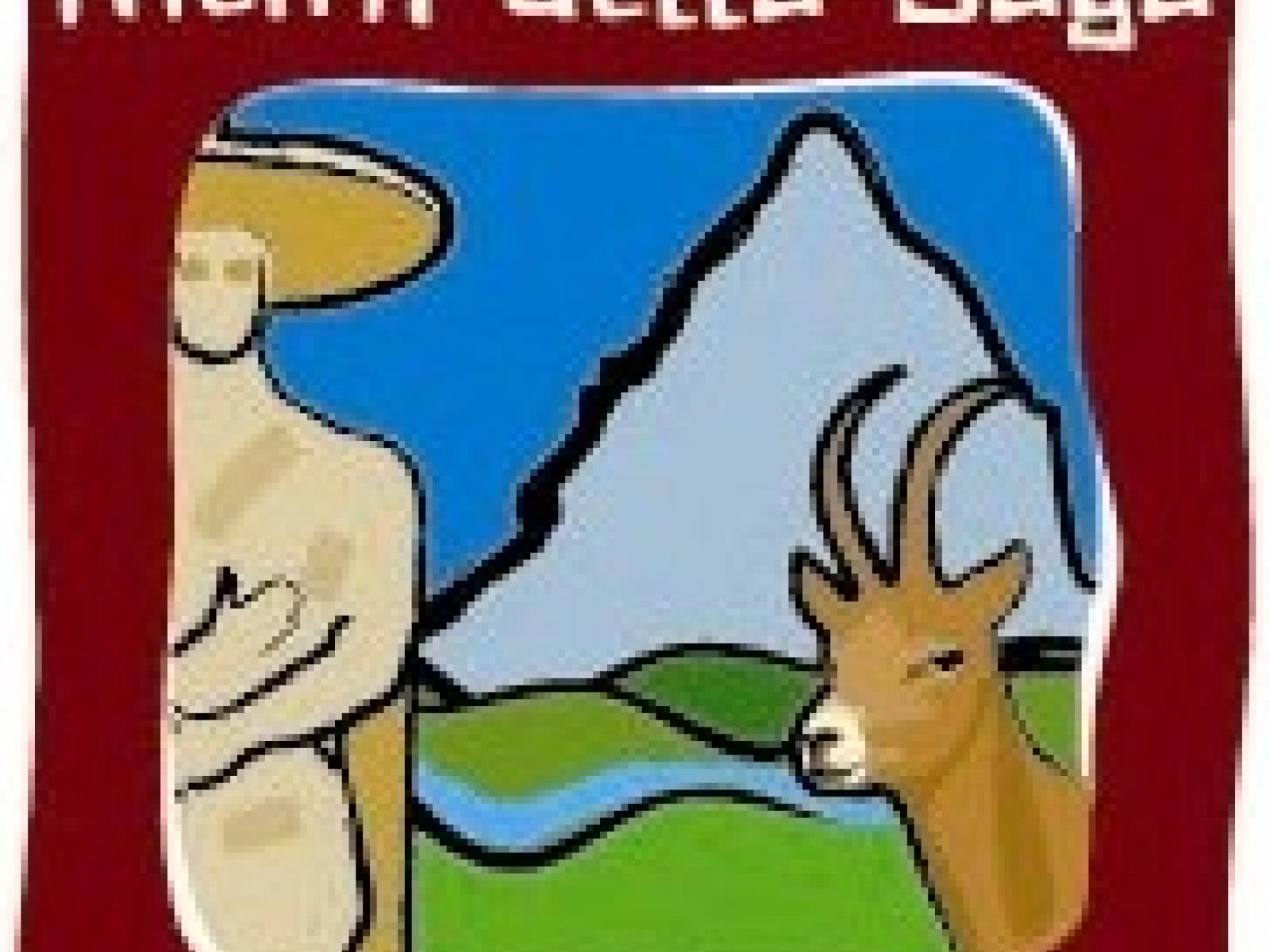An Overview Of Our Solution
- Population Impacted:
- Continent: Europe
Organization type
Population impacted
Size of agricultural area
Production quantity
People employed
Describe your solution
Describe your implementation
External connections
What is the environmental or ecological challenge you are targeting with your solution?
Describe the context in which you are operating
The Gran Sasso-Laga Park includes the highest peaks of the Apennines (2912 m). Its territory was shaped by a long history of pastoralism. Villages are now suffering depopulation. Some of the most valuable ecosystems in the Park are seminatural: their conservation depends on the maintenance of certain traditional activities. The Park pastures are grazed by 65000 sheep, plus cattle and horses, over about 30000 ha. Most of the territory is karstic and surface water is scarce. Wild carnivores have always preyed upon livestock, also due to scarcity of wild ungulates, now rising in numbers; sheep are traditionally defended by guard dogs of local breed. Sheep farming is the traditional livestock breeding, mutually adapted to local ecological conditions, but economically weak. Wool used to be a major product in the past centuries, while now the traditional wool industry is over; farmers shifted to meat and cheese oriented breeds, and wool became a waste, bearing an additional cost on them.
How did you impact natural resource use and greenhouse gas emissions?
Language(s)
Social/Community
Water
Food Security/Nutrition
Economic/Sustainable Development
Climate
Sustainability
Refund of predator losses and support to predator protection measures are provided by the Park. The Praterie Project was co-funded by the Park and a EU-LIFE grant. The innovative character of the Pecunia Project is its reliance on market mechanisms which could lead to personal engagement of farmers into project activities. Funding is provided by the Park only to cover transport costs of wool to the national selection centre. Costs will be fully repaid by the increase in wool price paid to farmers. Presently a local wool selection centre is starting its activity, making the product chain more economically sustainable than ever. Moreover, job opportunities were created in wool selection, handling and transport, and wool-based crafts.
Return on investment
Entrant Image

Entrant Banner Image

